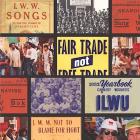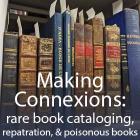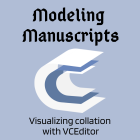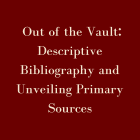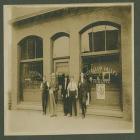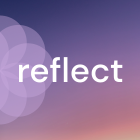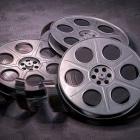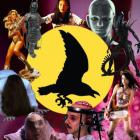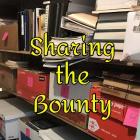
Everything, Everyqueer, All At Once (in Atlanta)
We hoped to research LGBTQIA+ archives in Atlanta, Georgia. While there are many queer archives listed in Atlanta, it is actually difficult to access them. Aside from a local public library known for its efforts to reach out to LGBTQIA+ Atlantans, it’s complicated to find material for queer Southerners outside of bookstores. By identifying LGBTQIA+ archives in Atlanta, other queer Southerners should be able to locate and use these archives. Also, others will be able to take the foundation of this project and seek out queer archives in other areas of the country.

